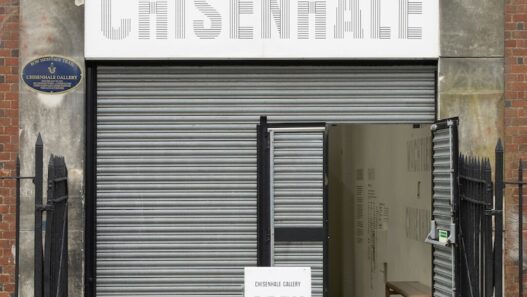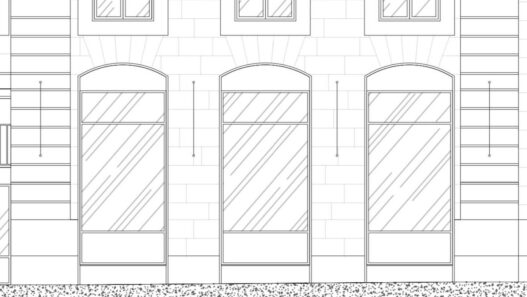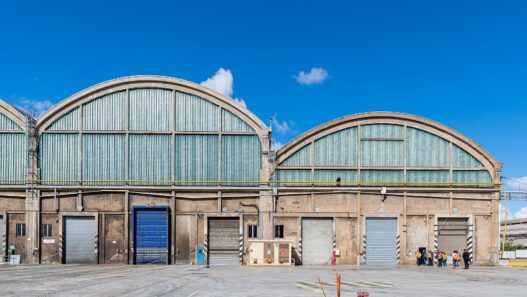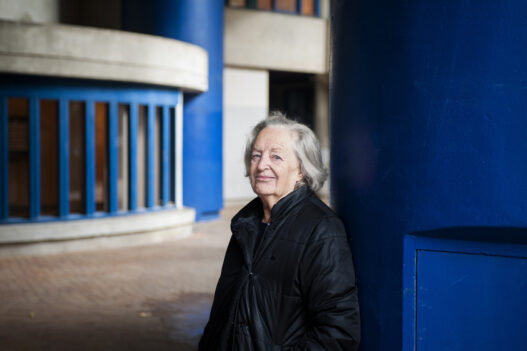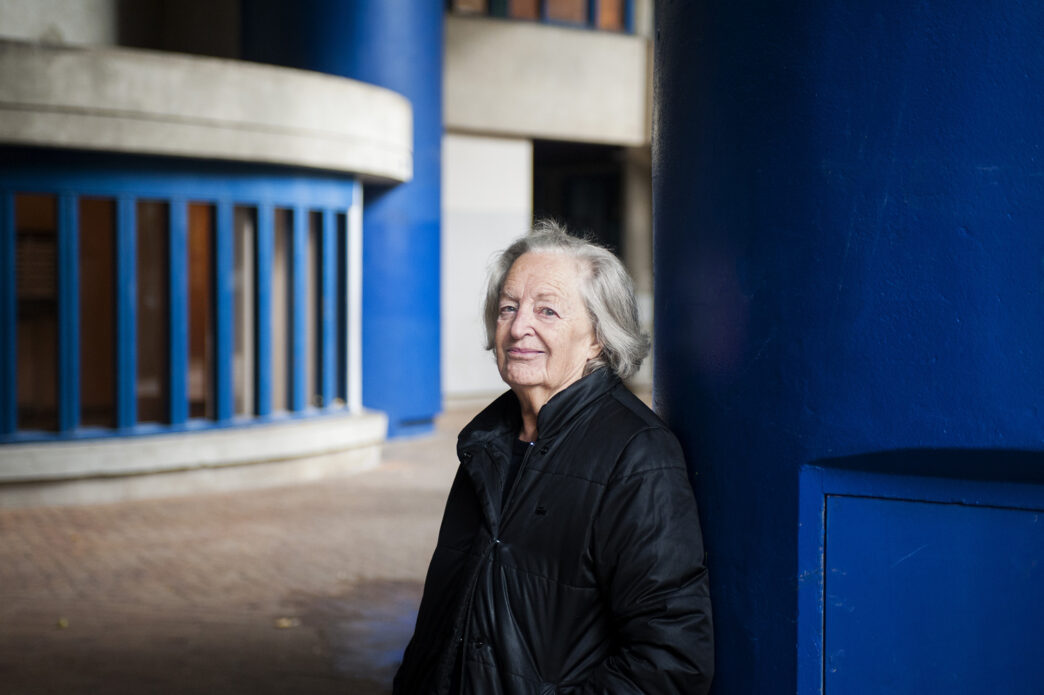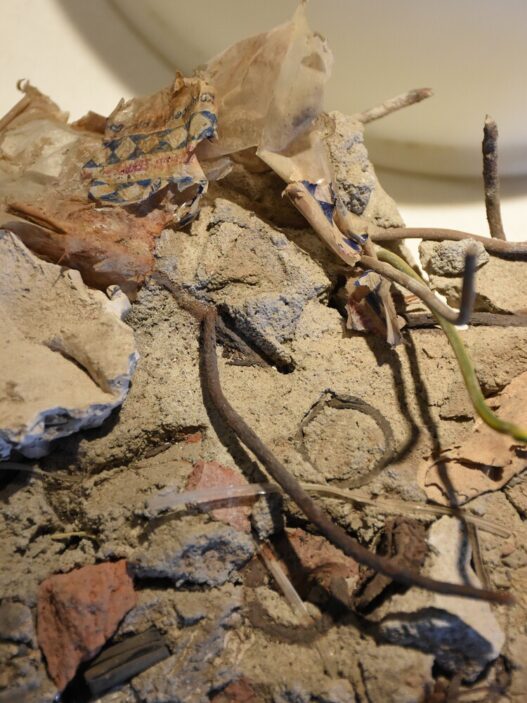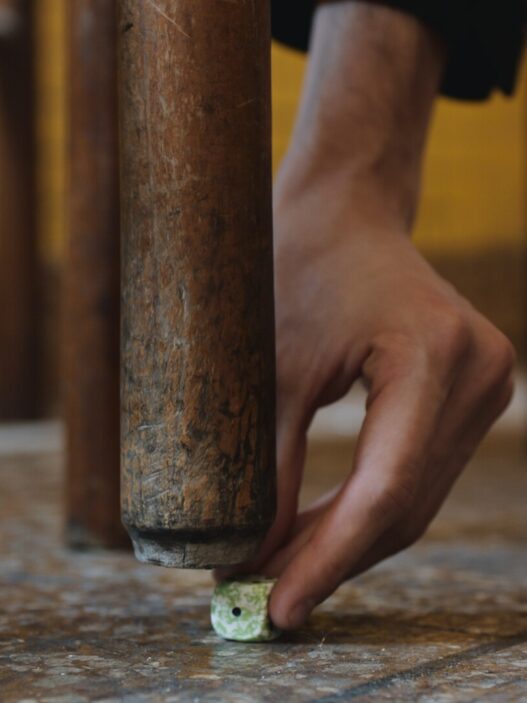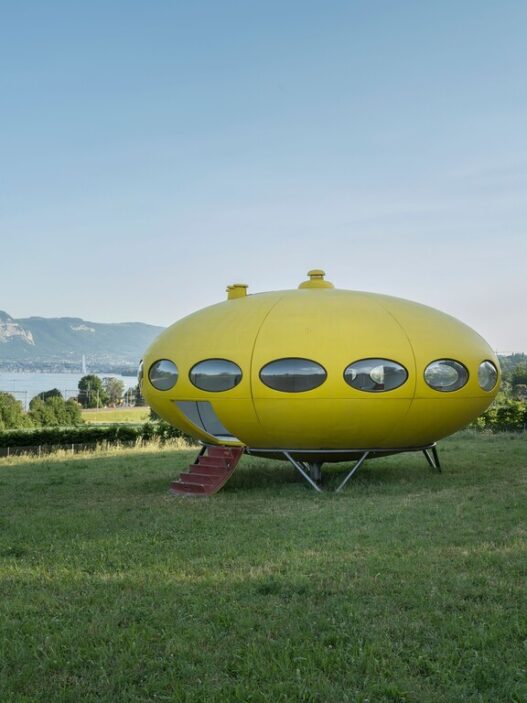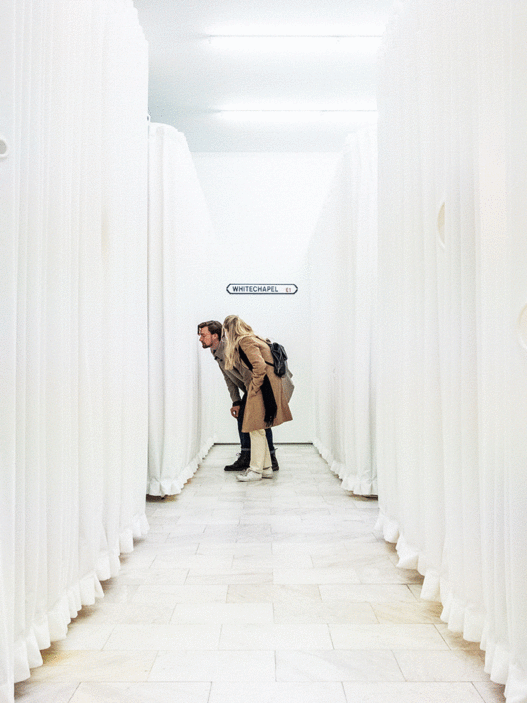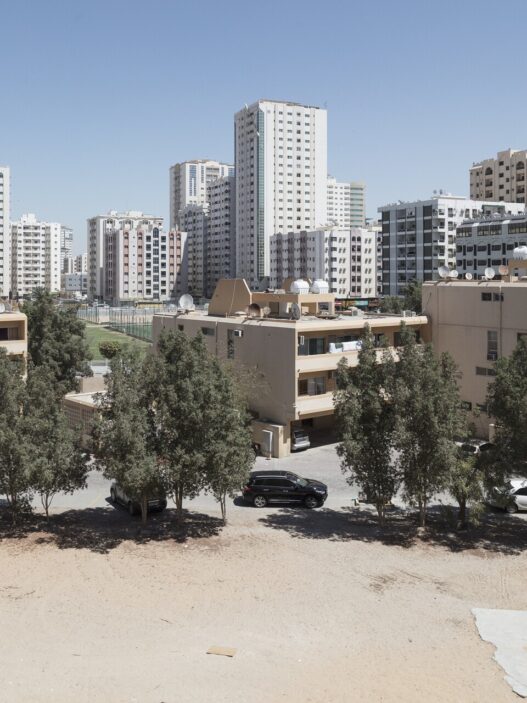This year’s prize is given to French architect Renée Gailhoustet, who highlights housing as one of the most pressing and complex issues of our time. Her exceptional contribution to social housing in France, as well as her inspiring approach to community development and urban planning, were emphasized by the judges.
Gailhoustet, who was born in 1929, has spent her whole career working to improve social housing in the Paris suburbs. Her architectural style changed over time, from early projects like the Spinoza complex to her most well-known works, La Maladrerie and Le Liégat. Since the project’s completion, the latter has served as her home and studio.
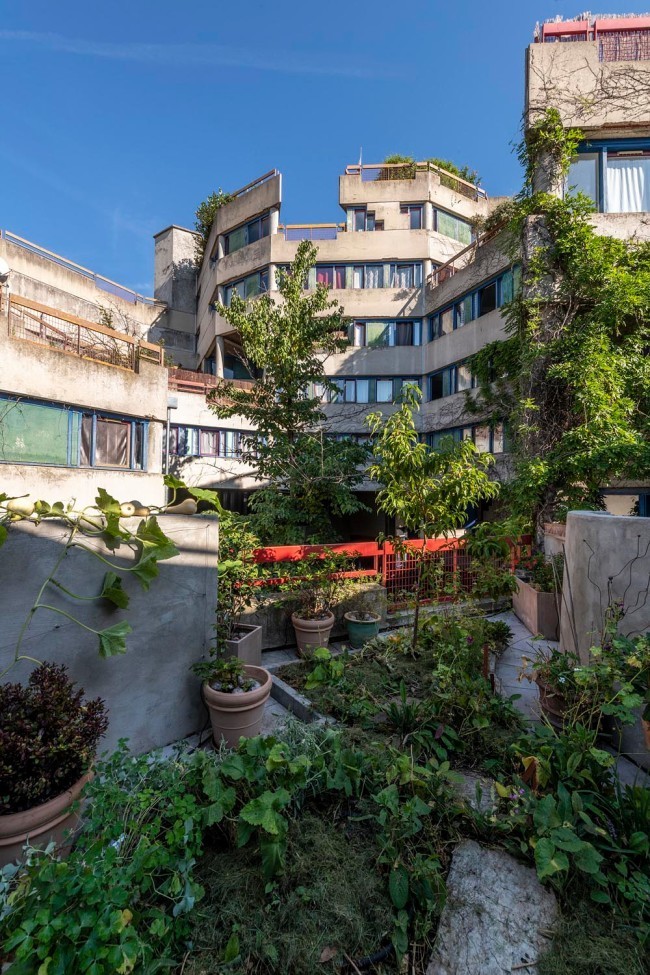
In 1962, she joined the firm of French architect Roland Dubrelle and worked on the urban renovation of Ivry-sur-Siene, which sparked her interest in Parisian suburbs. She finally rose to the position of chief architect, alongside Jean Renaudie, on this extremely influential project.
The staggered and planted terraces that allow nature to pervade residential rooms in ways that are rarely seen in high-density dwellings are one of Gailhoustet’s instantly recognizable features. Gailhoustet has made a persuasive case for blurring the lines between interior and exterior, collective and individual, in her structures by employing creative geometry and combining purposes.


